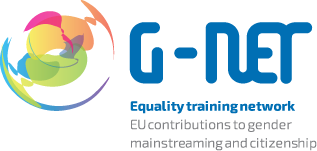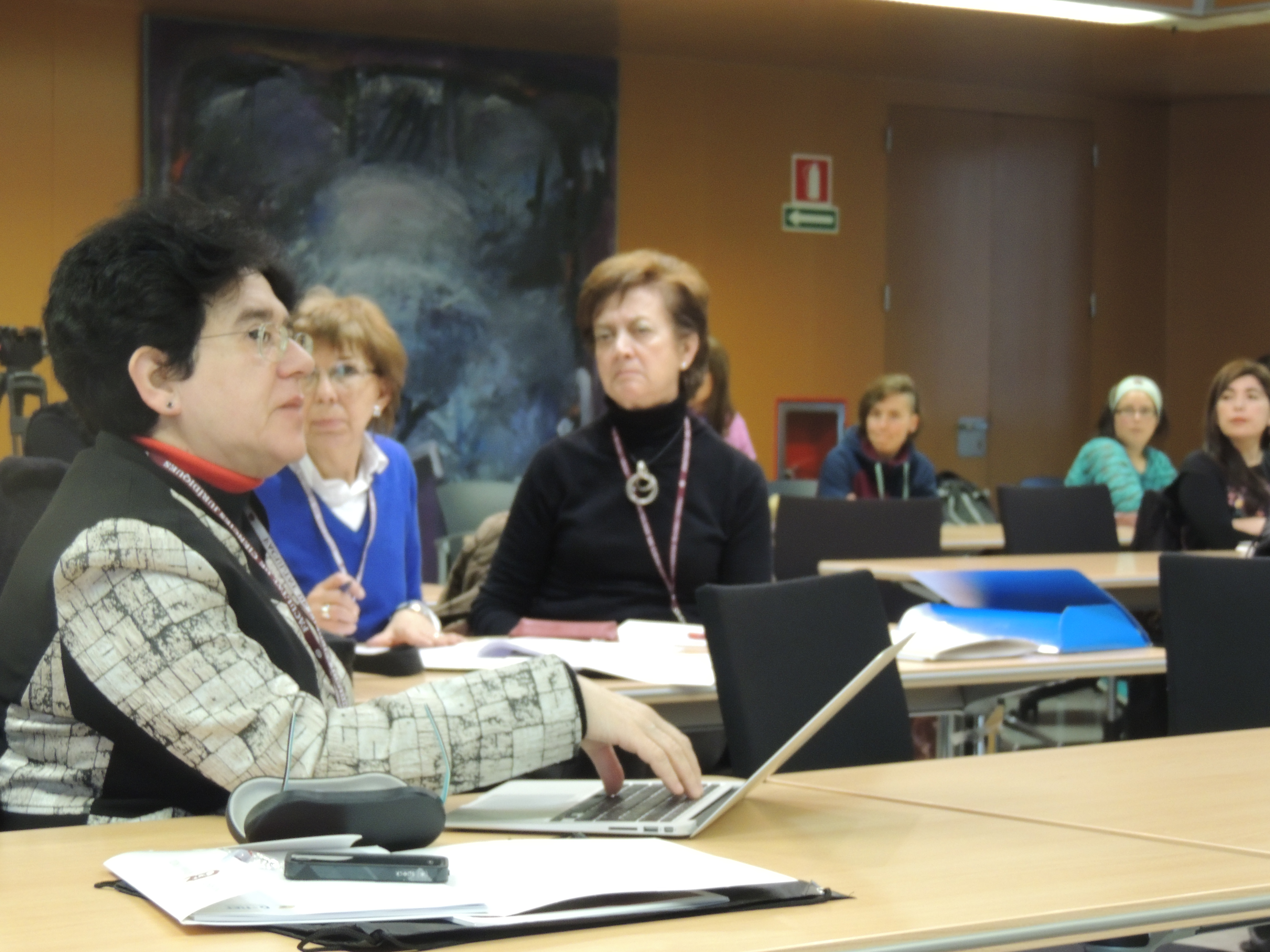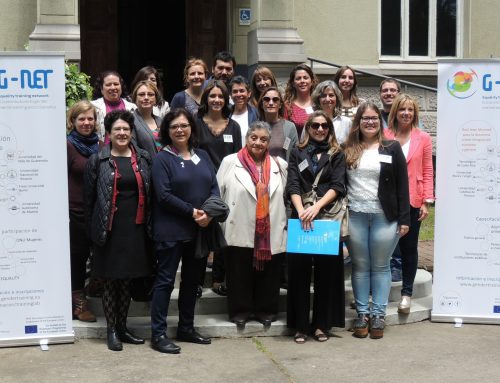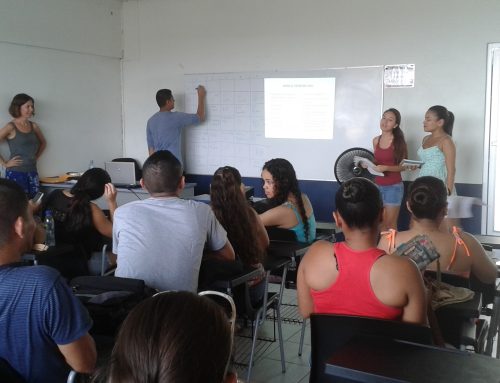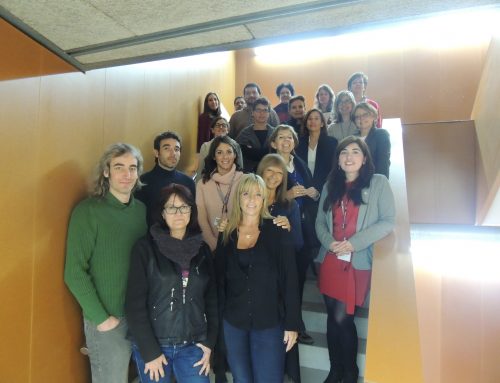Three international gender experts gave training sessions during the first consortium meeting on the 3th and 4th of February at the Universitat Rovira i Virgili, Spain. Representatives of the seven partner universities of the G-NET project and stakeholders attended the training.
The first meeting of G-NET was opened by Zulema Altamirano, Seconded National Expert at the European Institute for Gender Equality (EIGE) of the European Union, with a speech on the role of this institution in the implementation of gender mainstreaming in the policies and actions of the EU. EIGE develops indicators, tools and reports, holds meetings between key actors of the EU and raises awareness among policy-makers and the general public. Altamirano referred both to best practices implemented and the difficulties that EIGE has to face in order to influence the equality policy-making. Zulema Altamirano also explained that she is working on the development of an index of violence against women in the EU to be presented in June 2015.
Rosario Segura, Chief of Studies Service of Instituto de la Mujer in Spain until December 2014, trained on the “Historical perspective of the gender policies development”. Segura addressed them main concepts linked to the inequalities between men and women, in the international and also the national level. Rosario Segura and the participants at the meeting did a final thought about the breakthroughs and challenges.
To close the G-NET meeting, Virginia Maquieira, Director of the UNESCO Chair in Policies on Gender and Equal Rights between Women and Men, explained the historical evolution of positioning gender teaching in the universities. Maquieira is also professor of Social Anthropology at the Universidad Autónoma de Madrid, the institution responsible for quality control and assessment of the materials and teaching envisaged in the project. She called for reflection on the networks like G-NET that can make a real difference in the local, national and transnational policies.
The participants in the first meeting of G-NET explained the state of the issue of gender equality in each country after delivering a detailed report on the institutional and legal framework, indicators, employment policies, elimination of violence against women, education, the personal and family code, inclusive citizenship and balanced representation in decision-making.
From this moment on, the partner universities begin to work collaboratively on the content and teaching materials that will incorporate sectoral analysis and gender perspective in both Latin America and the European Union.
